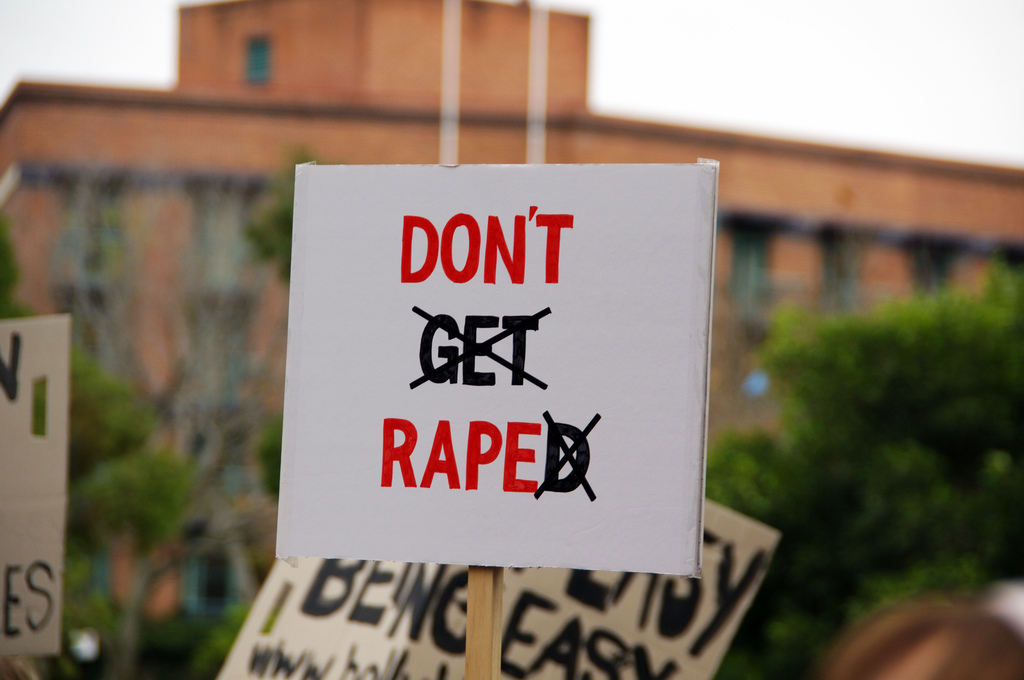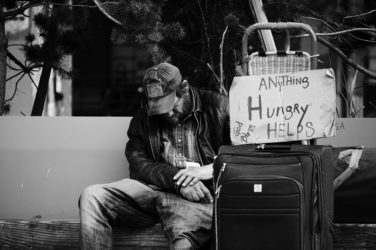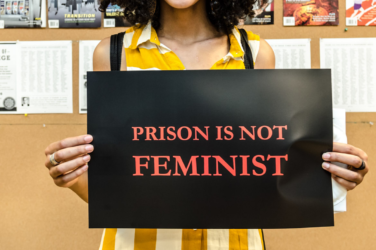On September 21, a week before Dr. Christine Blasey Ford testified before the Senate Judiciary Committee, President Trump tweeted: “I have no doubt that, if the attack on Dr. Ford was as bad as she says, charges would have been immediately filed with local Law Enforcement Authorities by either her or her loving parents. I ask that she bring those filings forward so that we can learn date, time, and place!”
Like so many of Trump’s utterances, the tweet was a disingenuous troll. Many women felt moved to respond, and the hashtag #WhyIdidn’treport was created as women came forward in droves to shed light on the myriad reasons why someone might not “immediately” report their sexual assault.
In her opening statement to the Senate Judiciary Committee last Thursday September 27, Dr. Ford provided her own answer to #WhyIdidn’treport. “For a very long time, I was too afraid and ashamed to tell anyone the details [of the assault],” she said. “I did not want to tell my parents that I, at age 15, was in a house without any parents present, drinking beer with boys.”
The way that stigma around alcohol and other drug use prevents women from reporting sexual abuse was a trope that came up again and again in other women’s stories.
Bethany Medley, a social worker and advocate tweeted:
#WhyIDidntReport Because I was smoking crack with him. Because I was scared I would get arrested for using drugs. Because the #WarOnDrugs completely dehumanizes people who use drugs, especially women.
— Bethany Medley (@BethanyMedley) September 26, 2018
Girls actress and painter Jemima Kirke tweeted the words: “Im hugely grateful to this woman today. #IBelieveChristineBlaseyFord,” accompanied by a story of being raped by a drug dealer at age 22.
Im hugely grateful to this woman today. #IBelieveChristineBlaseyFord pic.twitter.com/INwE19ogWy
— Jemima Kirke (@jemimakirke) September 28, 2018
After she told people about the rape, she wrote, they acted as if it was some kind of deserved punishment for using drugs. When a doctor told her, “You gotta start looking out for yourself,” she felt that he was saying: “This could have been prevented if you weren’t hanging out with a drug dealer.” Rehab counselors and her mom reinforced the belief. She internalized it too, believing: “This is what happens to drug addicts.”
However, like so many other women in the #MeToo era, Kirke has come to understand that her rape was not caused by her choices: “Drug dealers don’t rape people any more than a family man does,” she wrote. (Her use of “family man” in opposition to “drug dealer,” is interesting, but it’s clear what she meant: Men who are considered “respectable” by society are just as likely to commit rape as anyone else.)
But multiple things can be true at the same time. Women who use drugs do not invite sexual assault. At the same time, because of our drug laws, women who use drugs can be more vulnerable to sexual abuse, because rapists and abusers may intentionally target them because they may be less likely to call the police, and may be less likely to be believed if they do. A woman with any criminalized identity, or multiple identities—whether it’s being a drug user, sex worker, or undocumented—may be more likely to experience sexual violence. Racism also factors in. Daniel Holtzclaw, the policeman who raped and committed other sexual assaults on at least 13 women in 2015, for example, was found to have methodically targeted Black women with criminal records or histories of drug use or sex work because his victims were “living on the margins, and had criminal histories, [and so] he was confident no one would believe them.”
Drugs are so often used as the pretext to criminalize people belonging to marginalized groups. (See, for example, police using marijuana to defame Botham Shem Jean, the unarmed man who was shot to death in his own home by a police officer). Similarly, they’re used to exonerate white men (see, for example, Senator Cornyn’s statement on Mark Judge, Kavanaugh’s friend and the man accused by Ford of participating with Kavanaugh in her assault: “To subject [Mark Judge’s] battle with alcoholism and addiction to public investigation and scrutiny and ridicule: That is cruel, that is reckless, that is indecent.”)
No matter what a woman is doing in the context of a sexual assault—drinking, using drugs, just being in a place where alcohol or drugs are being used, wearing or not wearing certain clothing—there will always be a fear that her actions, particularly those that are stigmatized, will be used to blame her for her own assault. But as so many women have shown, sexual assaults are not caused by the decisions or actions of the victims, but by the decisions of the men who commit them. As writer Maura Quint tweeted: “I’ve been assaulted. I’ve also been not assaulted. The difference didn’t seem to be what I was wearing, how flirty I was, how much I was drinking. The only difference seemed to be whether or not the men felt it was ok or not to assault.”
Photo via Richard Potts/Flickr





Show Comments